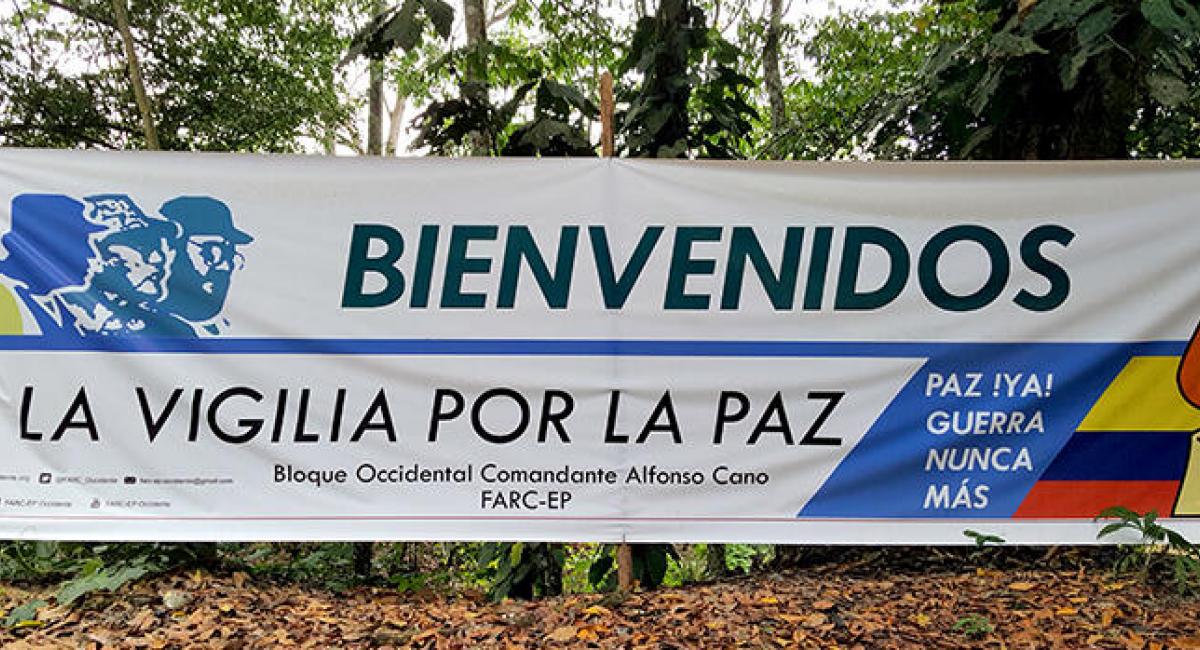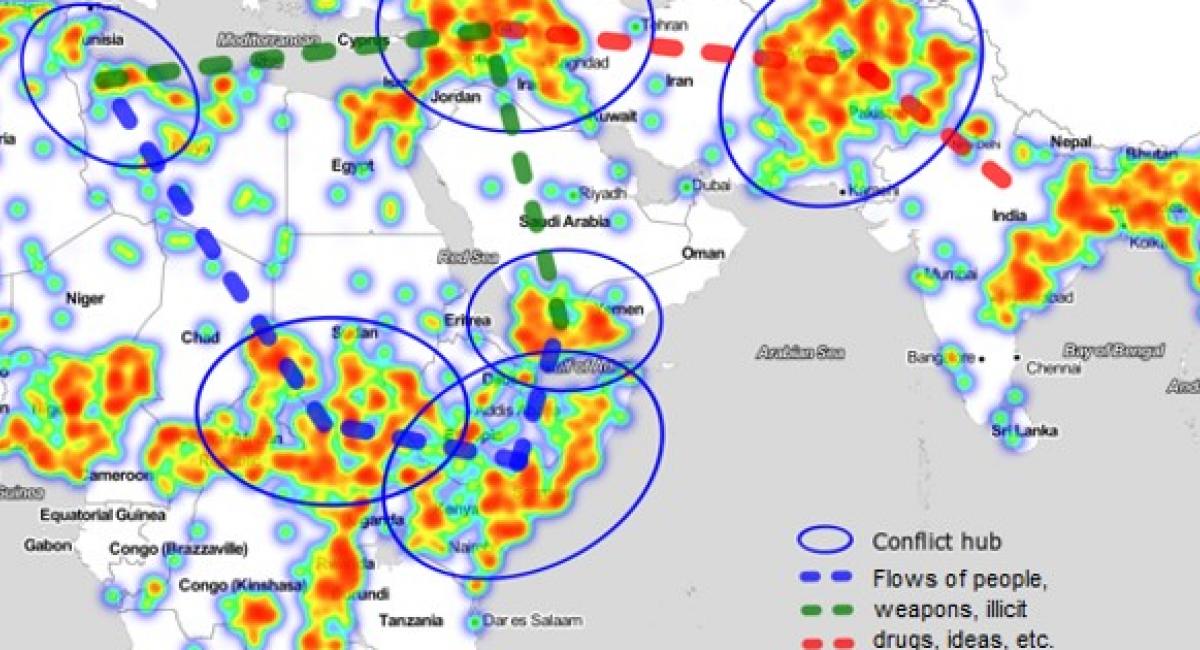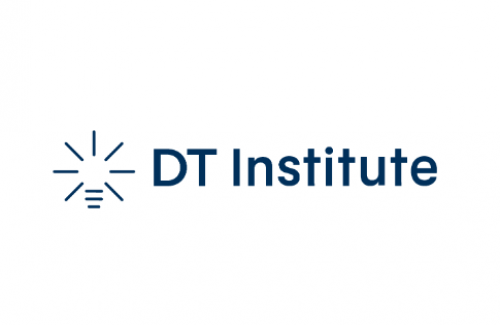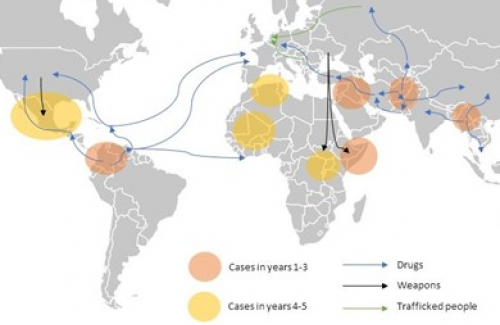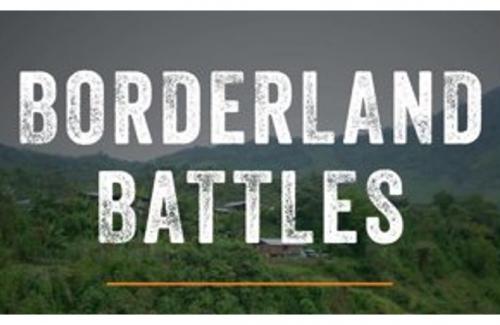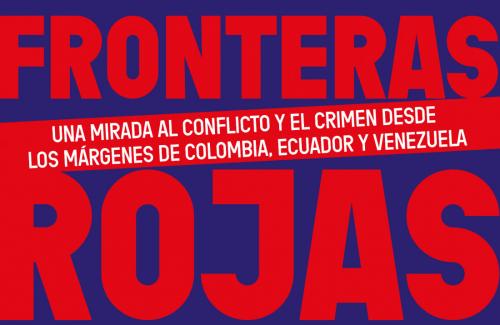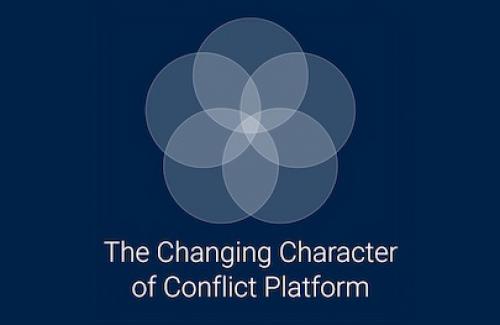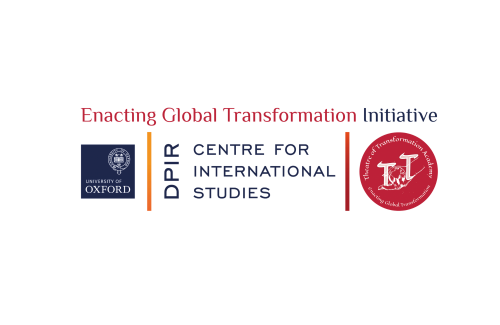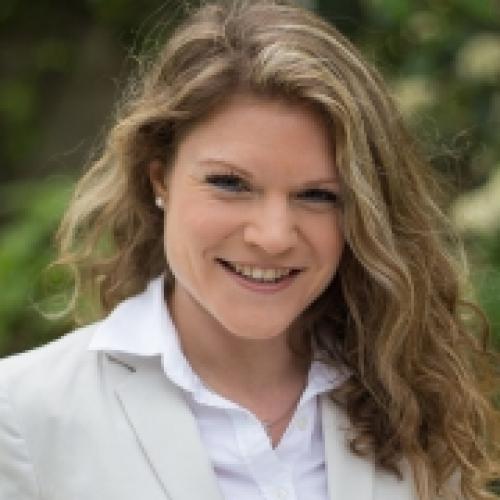Global Security Programme
The Oxford Global Security Programme (GSP) conducts cutting-edge research on global security in the contemporary world. Taking a genuinely interdisciplinary approach to global security research, GSP focuses on security dynamics in the context of armed conflict and the global illicit economy, transitions from war to peace, and responses to insecurity - emphasising the connections between localised conflicts and insecurities with global shifts in power and order.
While grounded in Political Science and International Relations, our work also draws on insights from other social science disciplines and is in dialogue with the humanities, the arts and STEM. Our research combines various methods ranging from ethnographic approaches and visualization techniques to quantitative methods such as GIS analysis. We place emphasis on both developing rigorous theorizations of security as well as carrying out applied research. To enhance the positive impact of our work, we have long-standing partnerships with various UN bodies as well as universities in conflict zones, and advise governments and international organisations.
How to get in touch:
If you are interested in supporting our mission or would like to explore opportunities to work with the GSP team, please contact Miguel Moctezuma, Global Security Programme Coordinator: globalsecurity@pmb.ox.ac.uk
The Oxford Global Security Programme (GSP), established in October 2021 under the leadership of Dr Annette Idler, is an academic programme conducting cutting-edge research on global security in the contemporary world. Taking a genuinely interdisciplinary approach to global security research, GSP focuses on questions related to security dynamics in the context of armed conflict and the global illicit economy, transitions from war to peace, and responses to insecurity. Emphasis is on understanding the connections between localized conflicts and insecurities and global shifts in power and order.
GSP tackles three core themes:
- Conflict/crime dynamics: Dr Idler set up the Conflict Platform, now in its 6th year. We bring together ethnographic fieldwork with quantitative analysis, complexity science, visualisation techniques, visual arts, and historical tracing back to the Thirty Years War to study change in conflict in ten cases internationally. We question the notions that armed conflicts are static, coincide with state borders and that there is a binary distinction between political and criminal violence.
- War/peace transitions: We host the research initiative “From Conflict Actors to Architects of Peace” or: CONPEACE. CONPEACE challenges simplistic dichotomies of war and peace: typically, transitions from war to peace do not constitute linear progressions from violence to safety, but a nonlinear changing security landscape. Founded and directed by Dr Annette Idler, CONPEACE’s interdisciplinary research bridges the gap between marginalized communities, especially border regions, and political power centres, using bottom-up methodology based on intensive fieldwork, conceptual frameworks on non-state order and regular cross-stakeholder fora.
- Borders/illicit supply chain networks: We investigate how border regions are key hosts of strategic nodes of global illicit supply chain networks, which Dr Idler explores and examines extensively in her monograph Borderlands Battles (OUP, 2019) and the edited volume Transforming the War on Drugs (OUP, 2021).
GSP explicitly encourages thinking on global security and thus differs from other research programmes that centre on related concepts such as international, national, or human security. Global security research takes as starting point today’s globalized, interconnected world, which calls for an approach to studying security with three distinct features:
- Cutting across various levels of analysis, global security research necessitates an innovative theorization of security that accounts for the dynamic interaction of local, national, transnational, and global factors.
- Reflecting the world’s global interconnectedness requires considering perspectives from across the world, including both the so-called Global North and Global South. GSP therefore promotes truly global partnerships and networks that extend across the so-called Global North and South.
- Understanding global security requires embracing both political entities and people as referent objects of security; global security research thus should invite scholars to critically examine the interdependencies among the international, national, human, and related security concepts.
GSP promotes methodological innovation by moving beyond the qualitative/quantitative binary approach through mixed methods, and embracing arts- and humanities-inspired approaches such as visual methodologies and historical tracing. While grounded in Political Science and International Relations, GSP research draws on insights from other social science disciplines and is in dialogue with the humanities, the arts and STEM.
Background
In 2020 Dr Idler was awarded the Oxford University Vice-Chancellor Innovation Award in the Early Career category and highly commended in the Inspiring Leadership category. Encouraged by this prestigious acknowledgement, Dr Idler and her team decided to integrate several acclaimed research projects on security-related issues under one umbrella with the establishment of GSP. GSP is hosted by Pembroke College and has affiliation with the University of Oxford’s Department of Politics and International Relations, Department of International Development and Blavatnik School of Government.
How to get in touch:
If you are interested in supporting our mission or would like to explore opportunities to work with the GSP team, please contact Miguel Moctezuma, Global Security Programme Coordinator: miguel.moctezuma@pmb.ox.ac.uk
Projects
Other ongoing projects include:
- Transitions and Social Cohesion in the Context of Multiple Crises.
- Colombian Lessons? Assessing the Practical and Normative Consequences of Latin American South-South Security Cooperation.
- Justice, Peace, and Politics in the Creation of a Lasting Peace in Colombia’s Marginalised Regions.
- Organised Crime, Instability & Conflict: West Africa Case Study (partnership with the Global Initiative against Transnational Organised Crime)
- Organised Crime, Instability & Conflict: Afghanistan Case study (partnership with the Global Initiative against Transnational Organised Crime)
Meet the Team
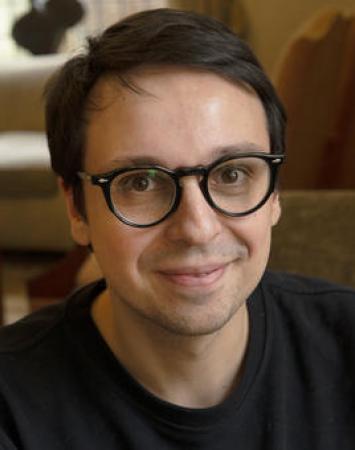
Dr. Markus Hochmüller
Researcher
markus.hochmuller@pmb.ox.ac.uk
Markus is a Researcher at the Global Security Programme’s CONPEACE initiative, where he leads the unit on security governance. He is also the Co-PI of the project ‘Colombian Lessons? Assessing the Practical and Normative Consequences of Latin American South-South Security Cooperation’. He teaches criminology at Hertford College Oxford’s Visiting Student Programme and is an Affiliate Member of the Latin American Centre, where he co-directs the project ‘The Comeback of the Latin American Armed Forces’. Markus holds a PhD in political science from Freie Universität Berlin. His research focuses on security and development in Latin America with an emphasis on peace- and state-building, security sector reform, policing, and border governance
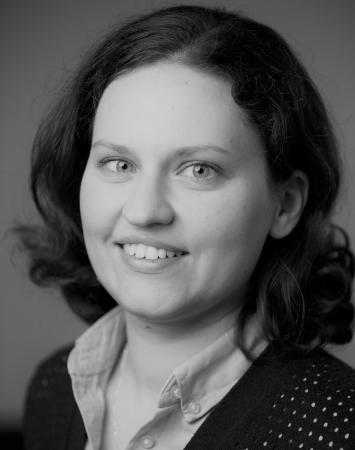
Dr. Kate Tkacova
Postdoctoral Research Fellow
katerina.tkacova@pmb.ox.ac.uk
Kate is a researcher in the project Network for Change (continuation of the Conflict Platform project). She also works with Professor Wilson on the project Mapping Thirty Years War. Kate holds a doctorate from the Department of Government at the University of Essex. Before joining the University of Oxford, she served as Associate Lecturer at the Birkbeck University of London and Teaching Fellow at the University of Bath. Kate’s research interests include dynamics of armed conflicts, terrorism and quantitative research methods. Her PhD dissertation focused on identifying the main factors leading to ethnically motivated domestic terrorism and the connection between terrorism and civil wars.
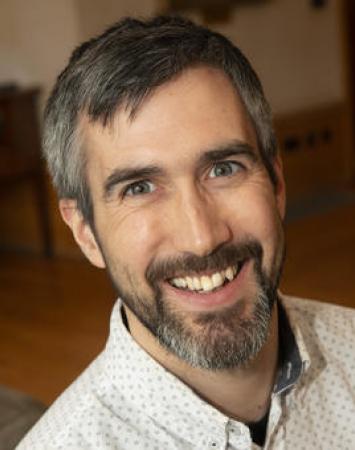
Dr. Dairé McGill
Researcher
daire.mcgill@pmb.ox.ac.uk
Dáire McGill is a Researcher at the Global Security Programme’s CONPEACE initiative (Pembroke College, University of Oxford), where he leads the unit on Citizenship and Community Participation. He is also a Research Associate at Co-operation Ireland working on Communities in Transition, part of Northern Ireland’s cross-executive Tackling Paramilitarism Programme. His research focuses on community participation and collective action in societies undergoing war-to-peace transitions, drawing fundamentally from the fields of conflict studies, peacebuilding, structural violence, active citizenship, and transformative justice. Dáire holds a PhD from the Transitional Justice Institute (Ulster University) and has published in outlets such as State Crime Journal or the Routledge Transitional Justice book series.
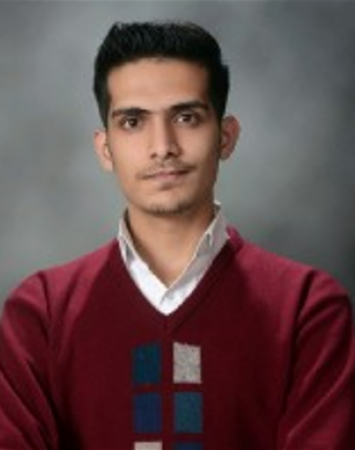
Ajmal Burhanzoi
Research Assistant (Afghanistan)
Ajmal is a Ph.D. candidate at University of Toronto specializing in international relations and comparative politics. His dissertation research focuses on the effects of Great Power rivalry on dynamics and discourse of domestic political opposition movements in developing states. He takes an in-depth look at the leftist movements in Afghanistan between 1964-1978 as his empirical case study. His research has been supported by the Ontario Graduate Scholarship and the SSHRC doctoral fellowship. He holds a B.A. in English Language and Literature and an M.A. in Political Science. Ajmal was born in Afghanistan, two years after the Red Army’s invasion. He grew up there witnessing and experiencing the ensuing turmoil first-hand.
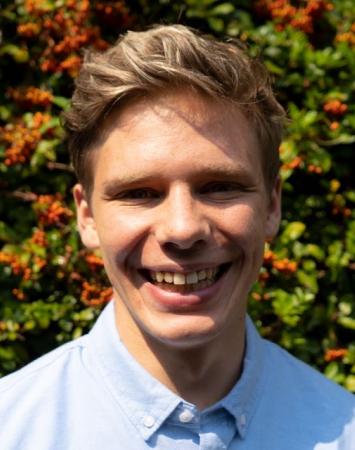
Frederik Florenz
Research Assistant (Afghanistan)
Frederik is a second-year DPhil student in International Relations at the University of Oxford. In his DPhil thesis he focusses on the role of criminal markets in U.S. military interventions in Afghanistan and Iraq. Beyond his DPhil, Frederik is interested in the changing character of international security and the drivers thereof. Frederik is the founder of a student-led journal at the University of Edinburgh which focusses on the intersection of global crime, justice, and security. He holds a BA in International Relations and MSc in Global Crime, Justice, and Security.
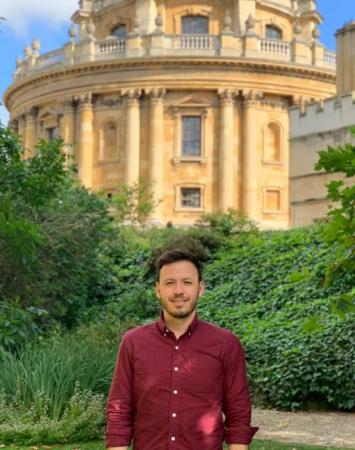
Felipe Mariño
Research Assistant (CONPEACE)
Felipe is a Colombian political scientist with a diploma in government management, and a Jaime and Raquel Gilinski Scholar of the MPP of Oxford University class 2020-2021. I have strived to play an essential role in reducing crime in Bogotá in the front line of the outreach teams contributing on the implementation of crime control and prevention policy. After almost nine years of different experiences in the field, alongside academic development, I became the adviser of the security secretary for Bogotá. Currently, I am the director of Bogotá Cómo Vamos, a Civil Society Organization that overviews the performance of Bogota’s government in improving the life quality of the citizens.
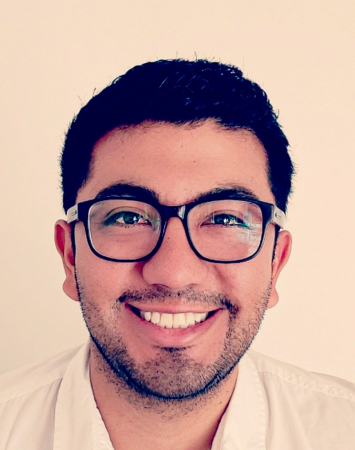
Miguel Moctezuma
Coordinator
Prior to joining the Global Security Programme, Miguel (Master of Public Policy and Chevening Scholar, 2020) was a public policy consultant at CIDE Mexico, a visiting scholar at UC Berkeley, and a member of the research team at the Oxford People in Government Lab. He is currently working on a project that uses hyperspectral analysis of foliar nitrogen enrichment and machine-learning to find clandestine graves in Mexico. Miguel is a former President of the Oxford Mexican Society, a contributor for El País, the New York Post, El Heraldo de México and Animal Político, and a partner at Hackademy.lat, an organisation currently funded by the British Council which aims to train 5,000 Latin American women in soft-skills and software development by 2027.
He also holds a degree in Economics from the Autonomous University of Zacatecas (Mexico), and a Master in Government and Public Affairs from the National Autonomous University of Mexico, UNAM.
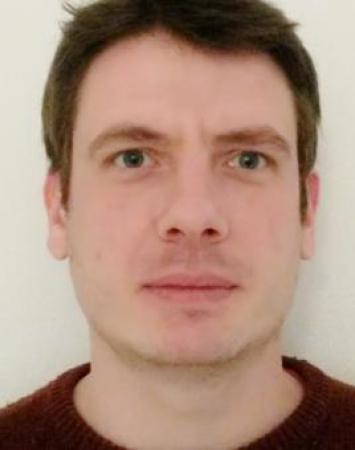
Dr. Jan Boesten
Research Associate
jan.boesten@politics.ox.ac.uk
Jan is a postdoctoral research fellow at the Department of Politics and International Relations. He earned a PhD at the University of British Columbia in Vancouver with a dissertation on the Colombian Constitutional Court and its decision to curtail constitutional reform. Before, he worked on the effects of violence and the privatization of security on political institutions – both from an empirical and theoretical point of view. His work has appeared in Colombian journals such as Revista Colombia Internacional and Precedente: Revista Jurídica, as well as LARR and LASA Forum.
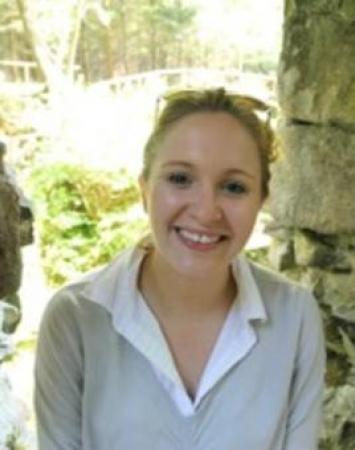
Dr. Chloé Lewis
Research Associate
Chloé is a research associate working with the Global Security Programme’s Platform project, specifically on the African Great Lakes. She completed her DPhil at the Department of International Development at the University of Oxford, focusing on responses to sexual violence in the Democratic Republic of the Congo. Her research is particularly attentive to contemporary changes in the operation and analysis of armed conflict – especially around its interaction with gender – and how these bear upon changes in responses to armed conflict, in policy and in practice. Committed to working across scholarship, policy, and practice, Chloé has collaborated with the NGO Working Group on Women, Peace and Security, the World Bank, the International Rescue Committee (IRC), Search for Common Ground, MONUSCO, and the UK Ministry of Defence.
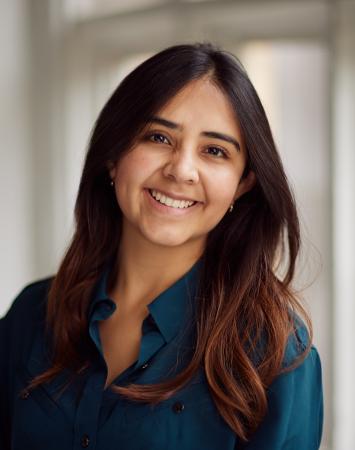
Ana Maria Marin Morales
Event Consultant
Ana leads the Oxford Poverty and Human Development Initiative busy programme of international events and the Multidimensional Poverty Peer Network, and supporting OPHI’s communications. Prior to OPHI, she was part of the CONPEACE: From Conflict Actors to Architects of Peace programme as a researcher, consultant, and a Colombian focal point developing and organising cross-stakeholder fora and briefings. By training, Ana is a visual and material culture anthropologist. Her research agenda includes joint projects with vulnerable communities in Colombia. She has co-curated museum exhibitions and archival material for the University of Oxford, the National General Archive of Colombia, and the National University of Colombia.
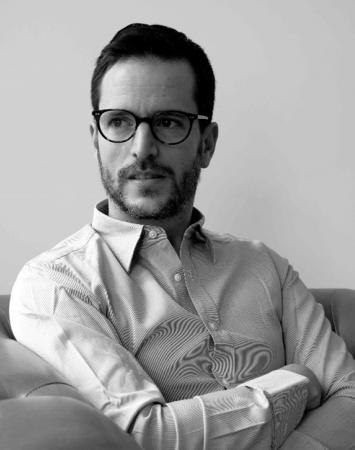
Dr. Jorge Eduardo Delgado
Consultant
Jorge is a Senior Expert with the Latin America Programme at the Brussels-based European Institute of Peace (EIP) and an Associate Researcher at the Global Security Programme’s CONPEACE initiative. Delgado has worked in conflict management and peace & security in policy and programming roles for government and INGOs. Jorge’s academic research has focused on the strategic history of the Colombian conflict with an emphasis on the government forces’ strategy-making process. He is particularly interested in Colombia’s security sector dynamics in the post-peace accord transition. A former Chevening Scholar, Delgado holds a Ph.D. from the Department of War Studies at King’s College London.
Presentations & Speeches
Rethinking Conflict, Building Peace with Juan Manuel Santos
